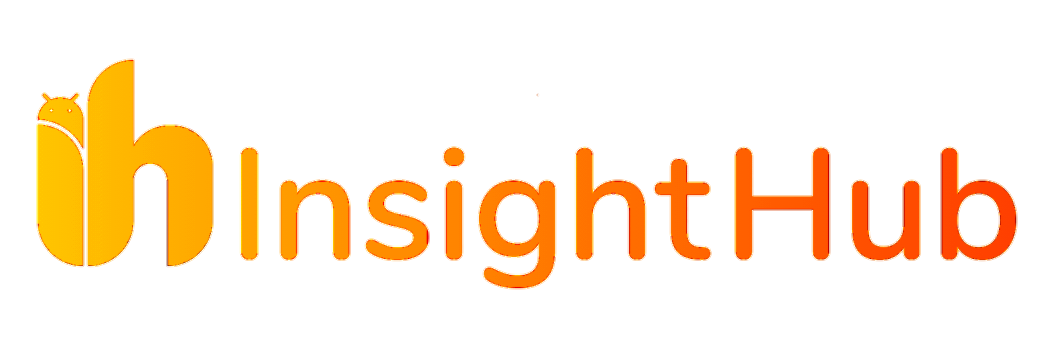Does ChatGPT save and use your data? Absolutely. ChatGPT retains your data, including your prompts, the bot’s responses, and any personal information you provide. Even if you delete your conversations, OpenAI can still utilize your data to enhance its AI models. In this article, we will explain how ChatGPT saves and utilizes your data, and provide guidance on how to opt-out and permanently delete your data.
ChatGPT saves your chat history and data, such as the prompts you input and the corresponding responses. OpenAI stores this information as long as you maintain your ChatGPT account. On the ChatGPT homepage, you can find your saved conversations in the left panel.
Permanently Delete Your Saved ChatGPT Data
Select the prompt you wish to remove and click the trash icon. Although this action removes the conversations from your view, OpenAI can still utilize them. To permanently delete your saved ChatGPT data, including the content used to train ChatGPT, you must delete your OpenAI account.
OpenAI’s Data Collection and Privacy Policy:
In addition, to chat history, OpenAI also saves other personal data. This includes your name, contact information, geolocation data, network activity, payment details, file uploads, communications, and transaction history with OpenAI across various platforms.
Please note that your conversations are not entirely private. OpenAI reviews ChatGPT conversations to ensure compliance with content policies and employs them to enhance ChatGPT and other OpenAI products. OpenAI’s privacy policy states that personal information is anonymized during the use of conversations to improve the service. However, there is no guarantee that all sensitive information will be completely hidden or stripped.

Risks of Sharing Sensitive Information with ChatGPT
Sharing sensitive information with ChatGPT poses risks, as it could potentially leak to users of future versions of the chatbot. Due to this risk, many businesses, including financial institutions like JPMorgan Chase, prohibit their staff from using ChatGPT. It is advisable to refrain from sharing sensitive information with ChatGPT.
Opting Out of ChatGPT Content Contribution
Your conversations with ChatGPT contribute to training the AI model. Both the prompts you provide and the bot’s responses are saved and utilized to enhance ChatGPT’s performance. If you prefer not to have your ChatGPT content used for improving the AI model or have concerns about leaking sensitive information, you can opt-out by completing a form provided by OpenAI.
If you use OpenAI tools through a different API instead of the ChatGPT website, your data will not be saved or used for training AI models. If you wish to allow OpenAI to save your data when using an API, you can opt-in by completing another form.
Disclosure of Personal Data by OpenAI to Third Parties
Furthermore, your data may be disclosed to third parties. OpenAI may share the personal information you provide with its service providers, affiliates, law enforcement agencies, and parties involved in financial transactions. This includes non-anonymized data, such as your name, network information, and payment details.





